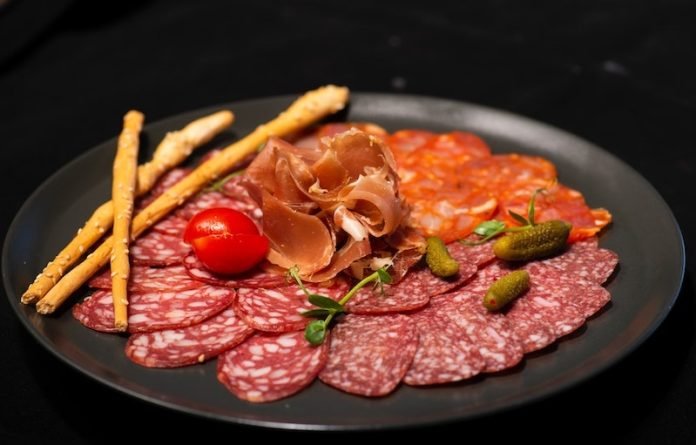
Research has suggested that there may be a link between cancer and diet.
While many factors can contribute to the development of cancer, including genetics, environment, and lifestyle choices, studies have found that what we eat can play a role in our risk of developing cancer.
For example, some studies have suggested that eating a lot of red and processed meat may increase the risk of developing certain types of cancer, such as colorectal cancer.
In addition, consuming large amounts of alcohol has been linked to an increased risk of several types of cancer, including breast, liver, and colorectal cancer.
On the other hand, some foods have been found to be protective against cancer. For example, a diet high in fruits, vegetables, and whole grains may lower the risk of developing cancer.
This may be due to the fact that these foods contain antioxidants and other nutrients that can help prevent cell damage and inflammation, which are both risk factors for cancer.
Furthermore, maintaining a healthy weight through a balanced diet and regular exercise has been shown to reduce the risk of several types of cancer, including breast, colon, and prostate cancer.
A group of scientists from Tel Aviv University found a connection between eating a lot of meat and dairy products and an increased risk of cancer.
The researchers studied a sugar molecule called Neu5Gc, which is found in meat from mammals like beef, pork, and lamb.
Humans develop antibodies to Neu5Gc when they consume dairy and meat products as babies.
However, Neu5Gc is not produced naturally in humans, and studies have shown that antibodies against Neu5Gc from red meat can make cancer worse in animals.
To explore the link between Neu5Gc intake and cancer risk in humans, the researchers analyzed data from nearly 20,000 adults around the world.
They asked these individuals to report all of their food intakes online over several days and measured daily Neu5Gc intake from red meat and dairy.
The team also took blood samples from 120 participants and tested their anti-Neu5Gc antibody levels.
They discovered that men ate more Neu5Gc than women, mostly from red meat, and had higher anti-Neu5Gc antibody levels in their bodies.
The study also found that people who consumed more red meat and cow dairy had higher levels of anti-Neu5Gc antibodies.
The researchers found a strong link between high consumption of Neu5Gc from red meat and cheese and an increased risk of cancer.
They discovered that people who eat more red meat and cheese are more likely to develop high levels and different types of antibodies that heighten the risk of cancer.
In addition to their findings on the link between Neu5Gc intake and cancer risk, the team created a new index called the Gcemic index.
This index predicts which individuals are likely to develop high levels of antibodies based on their consumption of red meat and cheese.
By identifying the role of anti-Neu5Gc antibodies in cancer development, the researchers hope to help people make more informed decisions about their diets and lower their risk of getting cancer.
Overall, this study provides valuable information about the connection between red meat and dairy consumption, Neu5Gc intake, and cancer risk.
The findings suggest that people who consume a lot of meat and dairy products may be at higher risk of developing cancer.
By understanding this connection, people can make healthier food choices and decrease their chances of getting this deadly disease.
While research on the link between cancer and diet is ongoing, many experts recommend following a healthy and balanced diet that includes a variety of fruits, vegetables, whole grains, and lean proteins, while limiting the consumption of processed foods, red meat, and alcohol.
By making healthy choices and adopting a balanced diet, people can reduce their risk of developing cancer and other chronic diseases.
If you care about cancer, please read studies that a low-carb diet could increase overall cancer risk, and vitamin D supplements could strongly reduce cancer death.
For more information about nutrition, please see recent studies about meat and cheeses directly linked to higher cancer risk, and results showing this anti-inflammatory drug could help stop the spread of cancer.
The research was published in BMC Medicine and was conducted by Dr. Vered Padler-Karavani et al.
Copyright © 2023 Knowridge Science Report. All rights reserved.



